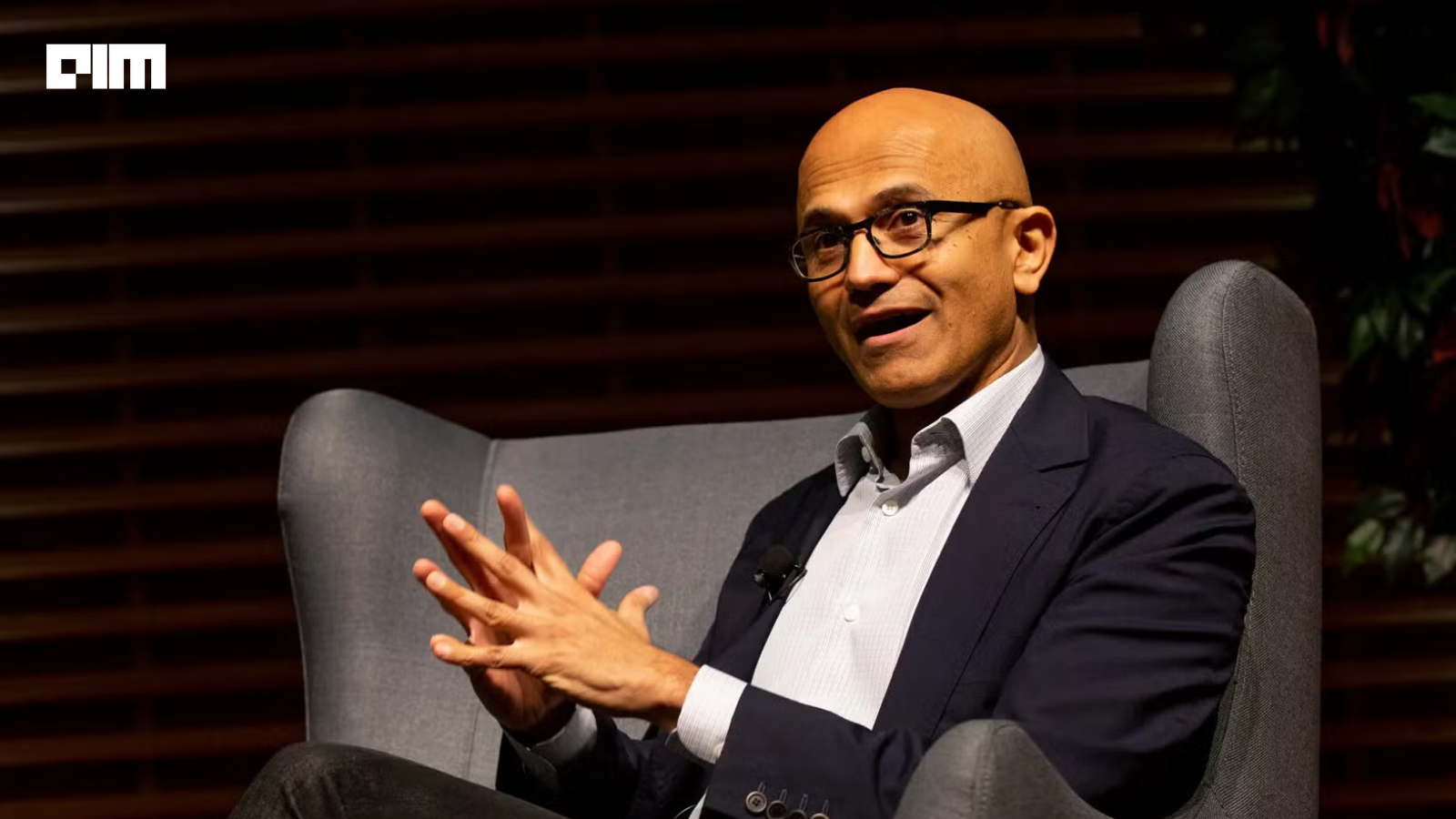On Monday, cloud computing startup Lambda announced a multibillion-dollar agreement with Microsoft to deploy tens of thousands of Nvidia GPUs for advanced AI infrastructure. The deal marks a significant expansion of the companies’ relationship, which dates back more than eight years, and shows the global demand for AI computing capacity.
Lambda, an Nvidia-backed cloud computing company founded in 2012, will supply Microsoft with cutting-edge Nvidia GPU systems, including the newly released Nvidia GB300 NVL72 systems. These advanced chips began shipping just months ago after being announced earlier in 2025. While the exact dollar amount remains undisclosed, multiple sources confirm the agreement is worth billions and structured as a multi-year contract.
The deployment represents one of the largest AI infrastructure buildouts underway globally, with Lambda tasked with delivering mission-critical AI cloud compute at scale.
“We’ve been working with Microsoft for more than eight years, and this is a phenomenal next step in our relationship,” said Stephen Balaban, CEO of Lambda. He added that watching the two teams collaborate on deploying massive AI supercomputers demonstrates the maturity of the partnership.
Lambda services over 200,000 developers and operates dozens of data centers housing more than a quarter million GPUs. Founded before the current AI boom took hold, Lambda has raised $1.7 billion in venture capital funding and emerged as a key beneficiary of the surge in AI adoption.
The company’s business model centers on renting server capacity powered by Nvidia’s graphics processing units and providing cloud services for training and deploying AI models. As demand for AI infrastructure continues to accelerate, Lambda has capitalized on this momentum to forge deals with major technology companies.
A Key Role
Balaban stated Nvidia’s central importance to Lambda’s operations saying, “We love Nvidia’s product. They have the best accelerator product on the market.” The reliance on Nvidia chips supports the chipmaker’s dominance in AI infrastructure, with every major cloud provider and AI company competing fiercely for access to Nvidia’s advanced GPUs.
Microsoft previously opened its first Nvidia GB300 NVL72 cluster in October, demonstrating the company’s commitment to deploying cutting-edge AI infrastructure across its operations. The Lambda partnership expands this capability significantly, allowing Microsoft to serve growing AI workloads from customers and internal projects.
Lambda’s agreement with Microsoft comes amid a dramatic acceleration in AI infrastructure spending across the tech industry. On the same day Lambda announced its deal, Microsoft disclosed a separate $9.7 billion agreement with Australian data center operator IREN for AI cloud capacity. These announcements underscore Microsoft’s aggressive strategy to build out vast AI computing resources to support its AI ambitions.
The infrastructure race extends well beyond Microsoft. Earlier on November 3, OpenAI announced a $38 billion cloud computing deal with Amazon to purchase services over seven years, following an alleged $300 billion agreement with Oracle for cloud computing. Amazon Web Services separately reported it was on track for its best operating income year in three years, driven largely by soaring demand for AI infrastructure.
Andy Jassy, president and CEO of Amazon, noted that AWS is growing at a pace unseen since 2022, re-accelerating to 20.2% year-over-year. The company has collected $33 billion in sales so far this year and added more than 3.8 gigawatts of capacity in the past 12 months to meet surging AI infrastructure demand.
Looking ahead, Lambda announced plans to build its own AI infrastructure. The company revealed plans to construct a 100-megawatt AI factory in Kansas City, Missouri, slated to begin operations in 2026. The facility will initially launch with 24 megawatts of capacity before scaling upward, reflecting Lambda’s confidence in sustained long-term demand for AI compute resources.
This expansion strategy demonstrates that Lambda is not content to remain solely a service provider; the company aims to become a major infrastructure operator in its own right.










